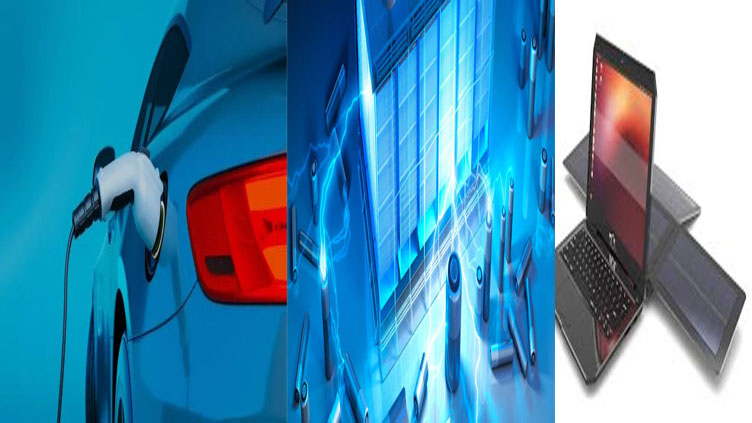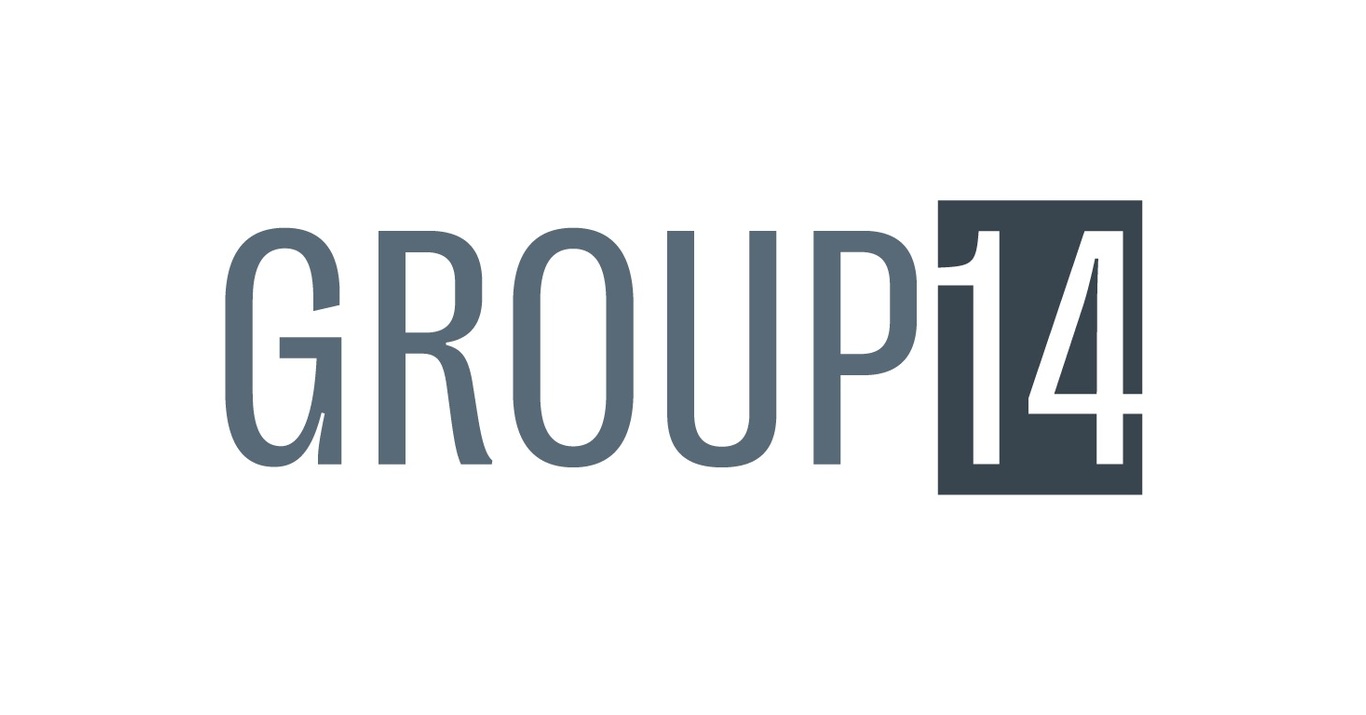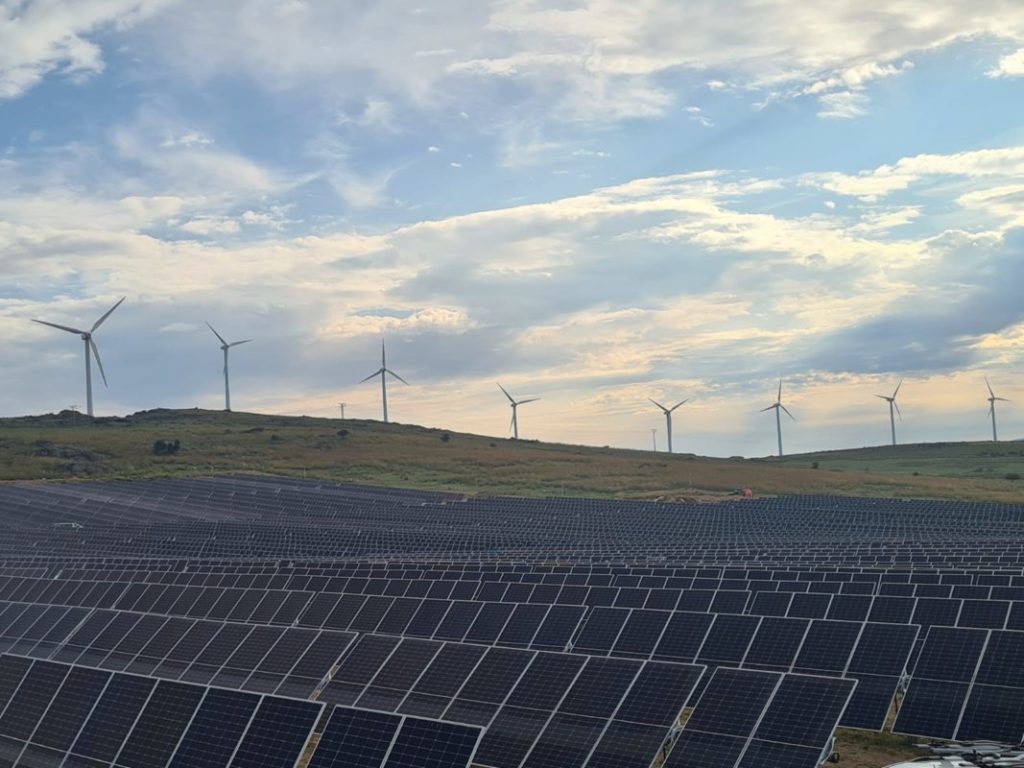The EU’s Net-Zero Industry Act (NZIA) is set to come into force by the end of June, following its final adoption today. This key regulation aims to ensure that homegrown clean tech can cover at least 40% of the bloc’s demands by 2030.
Enhancing Domestic Solar Energy Production
“Demand is growing in Europe and globally, and we are now equipped to meet more of this demand with European supply,” said EU chief Ursula von der Leyen. The EU hopes to reduce its reliance on external countries for net-zero technologies, including its dependence on China for solar panels.
Key Measures of the NZIA
The NZIA focuses on the production of various technologies vital for the EU’s decarbonization plans. These include solar power, batteries and energy storage, wind energy, and renewable hydrogen. By mobilizing investment and creating more favorable processes, such as regulatory sandboxes and fast permit-granting, the act aims to boost domestic production.
Supporting Solar Energy and Lithium Batteries
The NZIA will support the solar energy market by promoting local manufacturing of solar panels and advancing solar technology developments. Additionally, it will enhance the production of lithium batteries, which are crucial for energy storage solutions. This strategic focus aligns with current energy market trends and aims to fortify the EU’s position in the global green energy sector.
Establishing Net-Zero Valleys
To further bolster manufacturing activity, the NZIA will introduce net-zero “valleys” designed to establish clusters that can boost production. These valleys will provide skills training and create a robust ecosystem for green tech development. The NZIA is a central part of the EU’s Green Deal Industrial Plan, which aspires to make Europe “the home of clean tech.” However, competition for leadership in green technologies is intensifying, with the EU facing significant international rivals.
In 2022, the Biden Administration introduced the Inflation Reduction Act (IRA), a $369-billion clean tech subsidy package for North American-made products. EU leaders have expressed concerns about the IRA’s potential to discriminate against EU-based firms or lure them to the US.
China dominates solar technology production, controlling 80% of the global market. The EU is also investigating China over unfair competition practices related to wind turbine production and supply. These international dynamics highlight the urgency for the EU to ramp up its own green tech manufacturing capabilities.
Achieving Ambitious Climate Goals
The NZIA, along with other initiatives under the Green Deal, aims to attract the €1.5 trillion in annual investment that Brussels considers essential to achieve the EU’s latest climate objective: a 90% reduction of CO2 emissions by 2040. Whether these measures will successfully position the EU as a leader in the green energy market remains to be seen.
Source:thenextweb.com





